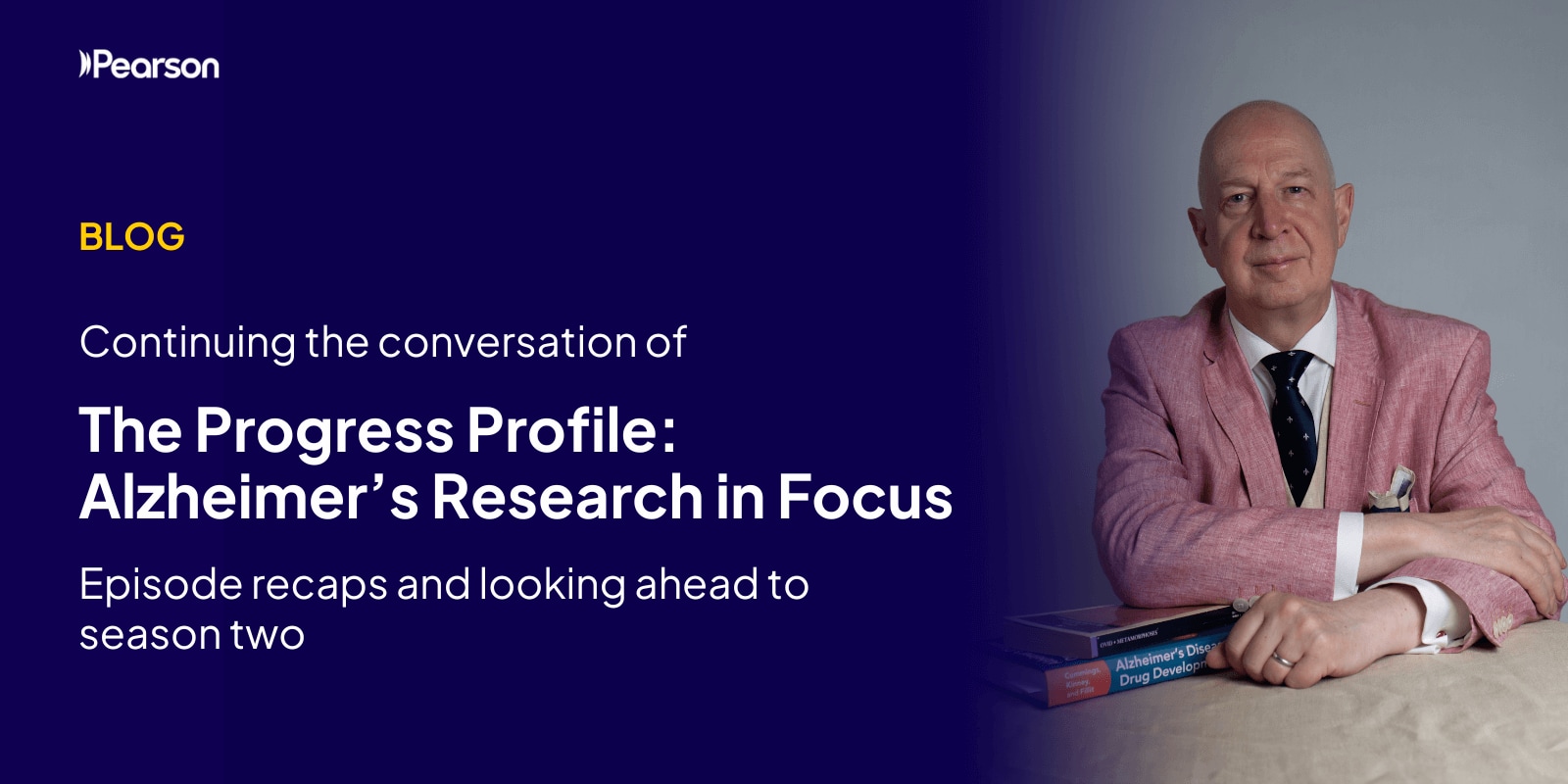Get Started!
View the pharma page or request a consultation.
A centralized repository featuring webinars with subject matter experts, pertinent and timely articles, GSV reports and related information.
View the pharma page or request a consultation.














Featuring Dr. John Harrison
The number of adults living with Alzheimer’s disease (AD) is expected to top 14 million by 2060. Not only is there no cure at this point, but current treatments haven’t been successful, and clinical trials to develop new therapeutic interventions keep failing. What’s holding back novel treatment option breakthroughs?

Featuring Dr. Shapiro, Dr. Eisengart, and Dr. Harmatz
Neurogenetic disorders that impact how the brain functions affect up to three percent of children, but available evaluation tools aren’t sensitive enough to detect change in their developmental skills. This poses a challenge for clinical trial sponsors who are trying to assess potential treatments. Gain more expert insight into the difficulties associated with therapy in these trial settings.

Featuring Lynsey Psimas, Ph.D., Melinda Johnson, and Pia Windelov
Watch the webinar with Lionbridge to explore the role of diversity in endpoint development and generalizable outcomes. Attendees will delve into why including diverse samples in Clinical Outcome Assessments (COAs) development is critical. You'll discover the importance of bias reduction in COA Development and review COA translation and adaptation methodology.